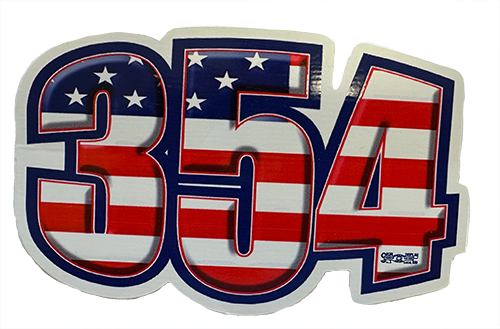Plumbing Disasters: A few ways to prevent serious plumbing problems
June 25, 20124 Plumbing Myths Debunked
August 27, 2012 A home inspection is a pertinent step in the home-buying process. A good inspection includes structure, exterior, roofing, electric, heating and air, interior, ventilation, appliances, fireplaces and (of course) plumbing. Although all of these areas are important, well, this is a plumbing industry. website. So, we just want to let you know that these are some of the components of the plumbing system that you should make sure your inspector takes a close look at:
A home inspection is a pertinent step in the home-buying process. A good inspection includes structure, exterior, roofing, electric, heating and air, interior, ventilation, appliances, fireplaces and (of course) plumbing. Although all of these areas are important, well, this is a plumbing industry. website. So, we just want to let you know that these are some of the components of the plumbing system that you should make sure your inspector takes a close look at:
Supply, waste and vent piping
When toilets flush, you know what happens – waste goes down the pipes in the walls, to the ground below, to the sewage system. You may understand why a leak here could cause some unhealthy damage to your walls. It can also build up and collect in pools in the basement or underneath the home.
Fixtures, faucets and drains
One of the more common plumbing issues is a leaky fixture. Whenever any tap is turned on, water must be disposed of through the piping. Many people notice leaks right away because they are in plain sight, but they can also be leaking in concealed areas such as cupboard and cabinets. Water stains on the ceiling, around the edges of basboards, and at the bottom of your cabinets indicate there is probably a hidden leak.
Water heating equipment
Equipment such as combustion air, venting, connections, energy sources, seismic bracing and temperature-pressure relief vales must be thoroughly inspected. Leaking water heaters are typically noticed pretty soon after the leaking starts, but some may have slower leaks that go unnoticed for months. This can be a major expense to the homeowner via water bills and damage caused to the foundation of the home.
Functional flow
When turning on a tap, water has to flow back out somehow. Any blockage in this flow can cause the water to back up. The inspector should make sure there are no blockages and all drainage is functional.
Gas piping and connectors
Water pipes are not the only thing to worry about. Gas leaks are extremely important to prevent, as they can cause serious illness and even death. What’s worse is that they often go ignored or undetected because the smell is either subtle or non-existent. Always shut off the gas valve and get out of the home whenever you smell gas. Call a professional to determine if there is a leak. Be sure there are no gas leaks before you purchase a home.
Once a thorough inspection is completed, you can comfortably purchase your home without any plumbing or gas fears. Make sure your inspector is a licensed professional. Check references and contct previous clients.
